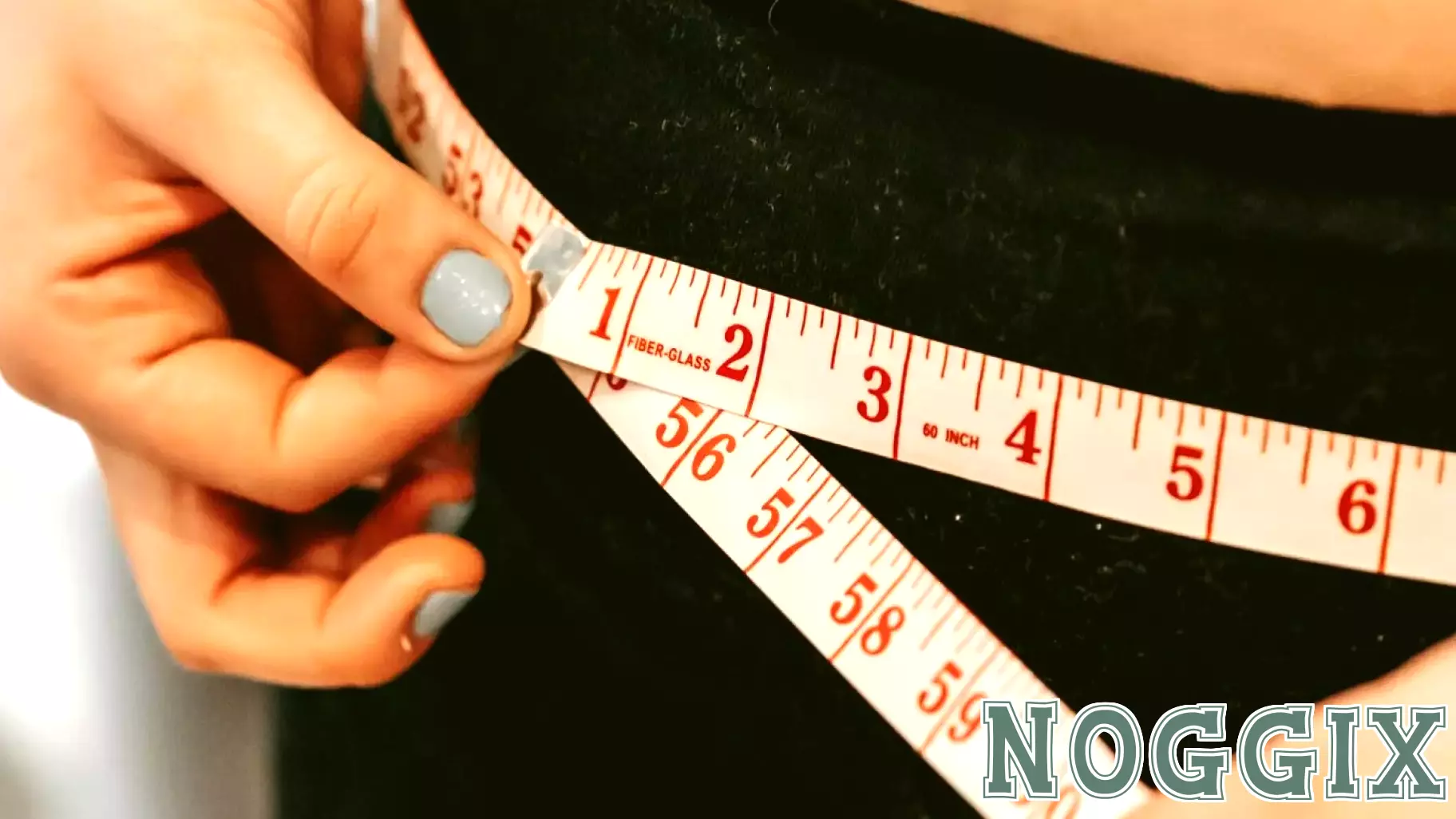Understanding Body Shame: Cultural Influences and Support Strategies
November 28, 2024 - 06:10

The racial and religious roots of fatphobia contribute to the increasing struggle with body shame among ethnic minorities in Western societies. This complex issue highlights the need for therapists to adopt culturally sensitive approaches in their practice. By understanding the unique challenges faced by these communities, mental health professionals can provide more effective support and guidance.
Therapists are encouraged to explore the historical and cultural contexts of body image within different ethnic groups. Acknowledging the impact of societal standards and stereotypes can help clients navigate their feelings of shame and develop a healthier self-image.
Incorporating discussions about cultural identity and personal experiences can empower individuals to challenge societal norms and embrace their bodies. Therapists can also facilitate support groups that foster a sense of community and shared understanding among those facing similar struggles.
Ultimately, addressing body shame requires a multifaceted approach that considers the diverse backgrounds and experiences of individuals. By promoting self-acceptance and resilience, therapists can play a vital role in helping clients overcome the negative effects of fatphobia and cultural pressures.
MORE NEWS

February 27, 2026 - 20:53
Jimmy Sotos on Catching Up and Going Viral OvernightThe path to viral fame is rarely a straight line, and for Jimmy Sotos, it was paved on the courts and fields of a late-blooming athletic career. His recent explosion online isn`t just a story of a...

February 27, 2026 - 11:07
Braver New World: The AI Architecture of the Inevitable?The question of artificial intelligence is no longer about distant science fiction, but about the subtle architecture of our present reality. The emerging concern is not of a robotic takeover, but...

February 26, 2026 - 19:37
**Defining Humanity's Irreplaceable Role in the Age of Artificial Intelligence**As artificial intelligence rapidly transforms industries and daily life, a pressing question emerges: what unique value do humans retain in an AI-fueled future? The answer lies not in competing...

February 26, 2026 - 00:38
We Need to Talk About the Fenfluramine StudyThe field of child psychiatry continues to grapple with a deeply troubling and largely unaddressed study from the 1990s. During this period, researchers administered fenfluramine, a drug later...